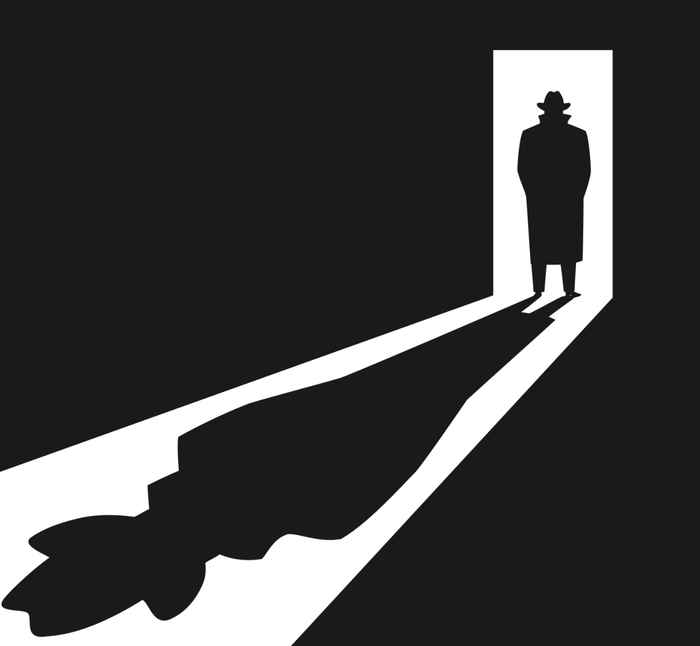'Prosecution compromises its own integrity with investigation methods'
Amsterdam Law School
16 September 2024

Has the integrity of the Dutch Public Prosecution Service already been compromised?
'With the way some methods are used, some damage has been done on that front. The prosecution is pushing boundaries. The use of crown witnesses, for example, can affect the criminal justice system's integrity. There is a hint of suspicion around them because they cooperate with criminals. You harm something more significant with it, so I think they should avoid such methods. It is not my aim to put the police and the prosecution in a bad light; I also see that, in many cases, they act with integrity. At the same time, they are using investigative means that cross boundaries. In the system we have built, with laws and regulations and rulings by judges, the moral compass seems to have been pushed away in some cases. That's what I want to show during my oration.'
With the help of crown witnesses, the prosecution can solve cases. Why do you think that's such a bad idea?
'On the one hand, I see the advantages; you can penetrate a criminal organization, collect evidence, and thus solve cases. In many cases, this has led to good results. But I see major security risks on the other side of that scale. We saw that in the Marengo trial: the brother, lawyer, and confidant of the key witness were liquidated. And in the “pool murder case,” for example, we saw a lying crown witness. On top of that, an unwanted dependency arises; the police and the prosecution need a crown witness to close a case. It is dangerous for a government to become dependent on someone who is up to his ears in the criminal environment. However, the fact that the safety of those involved cannot be guaranteed is the scariest thing about this.'

It is dangerous for a government to become dependent on someone in the criminal environment
The prosecutor says that using crown witnesses is the best method to catch criminals in some cases. How else should it be done?
'It can be. But look at what other means there are, including digital ones. By hacking servers, for example, the police can read along with messages criminals send. That's much cleaner, without all those big security risks. The investigative agency says it can't work without crown witnesses, but actually, we don't know. We have a whole pallet of methods. You want to solve these kinds of cases, of course, and crown witnesses have also played an essential role in several cases. But at what cost?'
You're also critical of undercover work. Why is that?
'To me, it's about working with someone in the criminal community to gather information for you: the criminal civilian infiltrator. We didn't want that for ten years because, in the past, it led to uncontrollable situations. But here we are doing it again. It's as if we have forgotten the lessons of the past. A crook always has his own agenda. The government can get sucked into that agenda without realizing it. That is very risky. With a normal police infiltrator, those lines are much clearer. It is as if the lessons of the past have been forgotten. The political climate is that crime is so high in the Netherlands that we have to pull out all the stops to counter it.'
Is the prosecution open to this criticism of their methods?
'I get the sense that part of the prosecution believes that they can't work without these methods. They see it as necessary to fight crime and also see the legal space to do so. However, by using these controversial methods, agencies make themselves vulnerable. Especially with a lack of transparency, the whole thing can feel tainted. This reflects poorly on the police and prosecutors because the public also sees this. People become suspicious of the authorities because they cooperate with criminals. The remedy is then worse than the disease. The prosecution does not sufficiently recognize the other side of the coin. Or they do realize it and decide they need these methods anyway. The law lives by the people who apply it justly, which is why my oration is a plea for restoring the moral compass. Or, in other words, using normal common sense rather than hiding behind laws and regulations that provide openings to employ controversial investigative methods.'